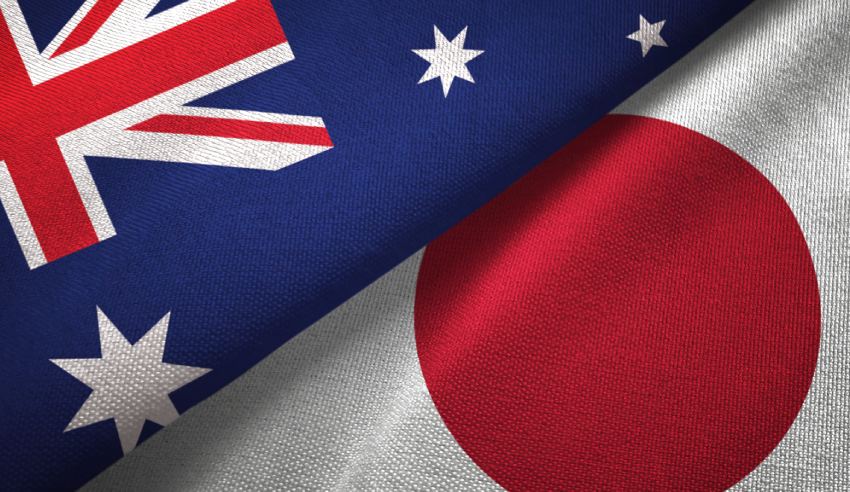Energy and ESG partnerships will bolster M&A between Australia and Japan over the coming year, according to a new report.

Herbert Smith Freehills’ fifth annual Japan-Australia M&A and Investment Report has revealed that there was a proliferation of new energy partnerships between Japan and Australia in 2021 and predicts that 2022 will bring further decarbonisation initiatives that connect Japan and Australia and boost M&A activity between the two countries.
“Japan’s new energy transition will be propelled by its commitment to net-zero emissions by 2050, and the announcement for Japan’s emissions reductions target to be further reduced from a 26 per cent cut to 46 per cent between 2013 and 2030. This combined with Australia’s abundance of renewable energy sources, and its historic relationship with Japan as a reliable supplier of high-quality energy, including thermal coal and LNG, is a strong foundation for further growth.
“Australia fits squarely within Japan’s decarbonisation strategy, which is already manifesting itself as a driving force behind some of the major trends in Japan-Australia M&A. Driven by Japan’s need to ensure secure sources of imported energy in a decarbonising world, the partnerships will have an essential role if Australia is to continue as the main energy supplier to Japan leading up to 2050 and beyond,” he explained.
“There is also significant support available in the form of grants, concessional funding and credit support from the Japanese, Australian federal and state governments, and numerous government agencies in both countries. These new energy partnerships are a distinct third paradigm of Japanese investment in Australia.”
The report also found that Japanese and Australian governments and companies are working collaboratively and strategically more than ever before in response to the uncertain global geopolitical situation, particularly in relation to energy security and critical minerals. It showed 25 new partnerships between Japanese and Australian companies (19 in new energy) and over 40 new energy partnerships.
Another key sector to watch in this space is infrastructure, said HSF partner and lead of the Japan team in Australia Damien Roberts.
“After a long hiatus from the Australian commercial property market, Japanese real estate companies, railway companies, investment funds, pension funds and the property divisions of trading houses and industrial companies are poised to return.
“These investors are attracted to Australia’s stable high-yielding commercial properties, supported by a growing population and economic strength, as part of a global diversification strategy. Urban regeneration projects such as Barangaroo in Sydney, the Melbourne Quarter and Brisbane’s West Village have attracted interest from Japanese investors looking to acquire an equity interest in these projects,” he said.
“Australia’s residential property market is also of interest to Japanese investors as a relatively unconsolidated market, and Japanese building products suppliers and logistics companies are also looking at opportunities in Australia.”
Despite Japan-Australia M&A activity being lower than anticipated in 2021, the report details that 2022 has started positively for M&A deals and investments in new partnerships have been announced, and the market is set to bounce back to pre-pandemic levels this year.
“The fundamentals of the Japan-Australia economic relationship are strong. Japanese investors reinvested profits and continued to fund existing projects. Relationships were not diminished by the challenges of COVID-19, and established companies will continue to invest as new opportunities arise. New entrants are likely to return once the impediments to movement are removed to build on the 2017 to 2019 trend when approximately half the acquisitions were by new entrants to Australia,” Mr Williams added.
“With international business travel between Japan and Australia resuming, we expect there will be a significant number of new entrants coming into the Australian market with growing numbers of deals and, particularly, partnerships. Overall activity will revert to pre-COVID-19 levels. The consequences arising from the recent events in the Ukraine will further strengthen the strategic importance for a stable supply of both traditional and new energy from Australia to Japan.”

Lauren is the commercial content writer within Momentum Media’s professional services suite, including Lawyers Weekly, Accountants Daily and HR Leader, focusing primarily on commercial and client content, features and ebooks. Prior to joining Lawyers Weekly, she worked as a trade journalist for media and travel industry publications. Born in England, Lauren enjoys trying new bars and restaurants, attending music festivals and travelling.